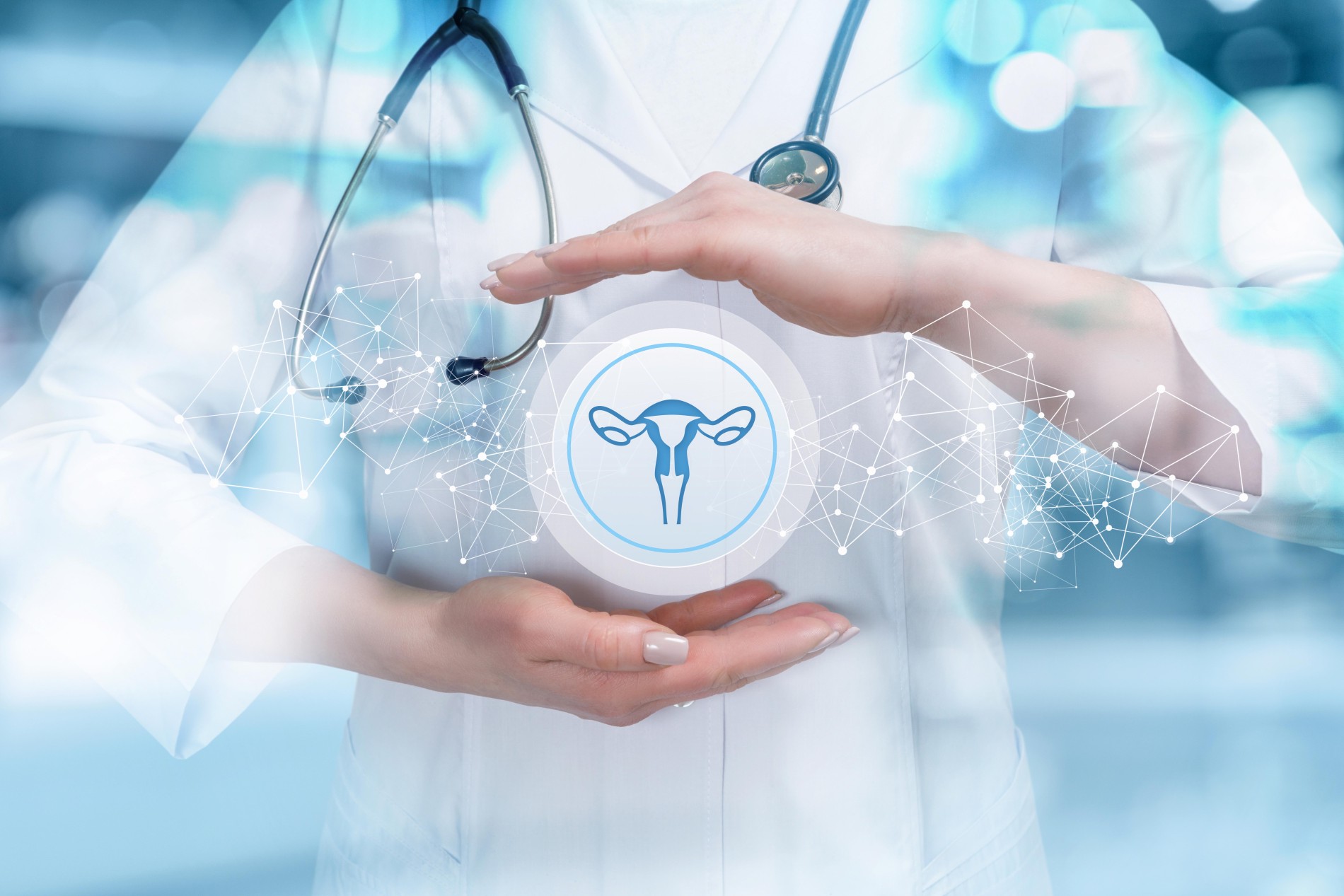
Let highly experienced IVF experts of Gunjan IVF World – the best IVF centre in Ghaziabad share valuable insights on endometrial thickness.
Endometrial thickness
Endometrial thickness is a term we have heard multiple times but a lot of women don’t know that it plays a significant role in their reproductive health and fertility. It is very important to maintain a healthy thickness of the endometrium. The thickness or thinness of the endometrial lining can cause multiple health problems in women. The best gynaecologists from Gunjan IVF World explain everything you need to know about endometrial thickness.
“The uterine lining is called the endometrium. During the menstrual cycle, a female's body prepares for hosting an embryo. This lining sheds after ovulation, when no embryo is created, and exits from the body as menstruation. The thickness of the endometrium can vary from 1 to 18 mm, depending on one’s age, menstrual cycle, and other medical conditions,” says Dr. Gunjan Gupta, leading gynaecologist Ghaziabad, and Founder & Director of Gunjan IVF World – the best IVF center in Ghaziabad. Gunjan IVF World has three other highly advanced IVF clinics in Delhi, Meerut and Noida.
“At the time of a woman’s first menstruation, her endometrium is usually very small. The thickness keeps changing with the menstrual cycle. It is the thickest at the time of ovulation and thinnest during menstruation. For a woman in her menopause, it is generally less than 4 mm thick, which is very thin,” explains Dr. Garima Sharma, renowned Gynaecologist Janakpuri, and Consultant at Gunjan IVF World – the best IVF centre in Delhi.
What causes change in the Endometrial Thickness?
“Endometrium commonly thickens during pregnancy. Other than that obesity, PCOD, hormonal changes, high BP, endometrial polyps, benign diabetes, scar tissue, endometrial hyperplasia, endometrial cancer, etc. can also lead to changes in endometrial thickness,” says Dr. Shubhda Gupta, expert Gynae in Noida and Consultant at Gunjan IVF World – the best IVF centre in Noida.
Effects on fertility
“For conception, one needs to have an endometrium neither too thick nor too thin. The optimal thickness allows the embryo to implant correctly and receive the nutrition it needs. Endometrial lining also affects chances of IVF success. Too thin uterine lining during IVF can cause failed implantation or miscarriages. That is precisely why doctors usually advise medications to make the endometrium ready for implantation,” says Dr. Aastha Raheja, Consultant at Gunjan IVF World – renowned IVF center in Indirapuram, Ghaziabad.
Dr. Anshu Dhar, Consultant at Gunjan IVF World – the best IVF clinic in Ghaziabad, concludes saying, “Don’t ignore the importance of endometrial thickness when it comes to your overall reproductive health. You can take care of its health very easily. A well-balanced diet rich in antioxidants, vitamins, omega-3 fatty acids, etc. can help you in this matter. Also, minor lifestyle modifications such as reducing alcohol, caffeine and sugar intake can help. Indulging in mild exercises can maintain blood flow to the uterine lining. And for anything concerning, we are always there for you.”
20+ Years Of Experience as Fertility Specialists
20 Years Of Experience as a Fertility Specialists
National Fertility Awards 2023
Call Us
+919990044555
Book An Appointment
Follow Us On
Related Blogs
Why is Nutrition Important During Adolescence?
Teenage years are one of the most exciting moments in life. During teenage, a body undergoes hormonal changes, weight gain or loss, growth, and physical changes.
What is the Difference Between Puberty and Adolescence?
Both puberty and adolescence are linked to one another. They depend on how these changes occur at this stage of life. Puberty and adolescence are closely associated with one another, but they are not the same thing.
Follow Us On
About Author





